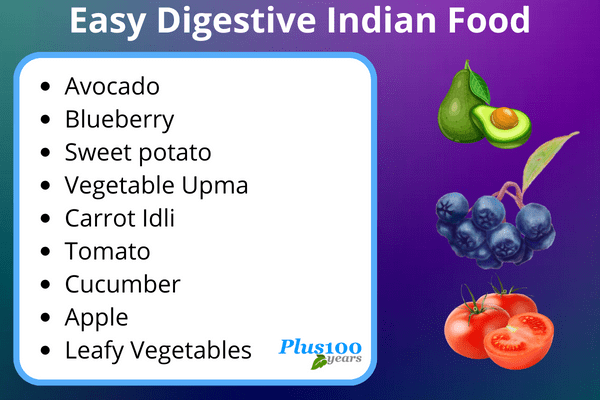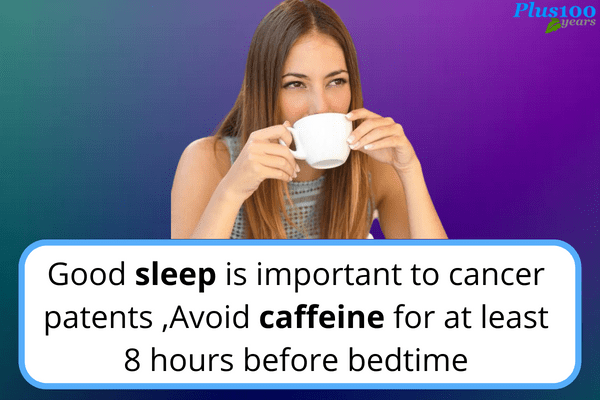India positions third among countries with regards to the biggest number of diseases
India positions third among countries with regard to the biggest number of diseases. More than 13 lakh individuals in India experience the ill effects of diseases consistently.
According to the National Cancer Registry Program report. Stationary ways of life, and expansion in metropolitan contamination, notwithstanding ascend in heftiness, tobacco, and liquor utilization, are supposed to be the explanations for the ascent.
I am Trupthi Mohit Vyas writing here a diet plan for cancer patients as a senior Dietitian I am recommending an
Malnutrition is very common during the cancer treatment period for many obvious reasons.
The treatment and its other complications probably led to the loss of appetite with loss of weight, affected digestion leading to diarrhea or constipation, and lack of nutrient absorption or metabolism.
However, it’s time to heal and nourish. This is why it’s critical to eat all the colors of the rainbow − the vitamins and phytonutrients responsible for providing color vary in each and every plant source.
1. Start your day with green juice – juicing got 90% of nutrients when absorb and is 3x better than eating
2. Basic ingredients are 1 carrot / 1 green apple, 5 cups (approx. half bundle) of celery/ coriander leaves, 1 beet or 1 cucumber, and ginger root/ 1 tsp. chia seeds.
3. Wash the leafy greens, and the other ingredients very well.

4. Cut them into pieces and remove the seeds for the apple.
5. Combine all ingredients in a blender or a juice maker and blend on low speed until you get a green mix.
Nutritional info–Beets/ cucumber–rich in anti-oxidants, has carotenoid, lycopene, Vitamin A, Vitamin C, Folate, Manganese, and Potassium.
Celery/ Coriander – Vitamin C, and Vitamin K, Calcium, Potassium, Magnesium, Anticancer flavonoid apigenin, and Luteonin that help block new cancer cell growth.
Chia seeds ginger – antioxidant, anti-inflammatory.
Full-Day Diet Plan
Breakfast
Prepare Dosa with half a cup of Grated Radish
1/2 cup of sambhar
2 tablespoons of coconut chutney with added 2-3 garlic pods.
Eat 2 or 3 dosas
OR
Broken wheat khichdi-1.5 cup
Prepare it with spinach or kale (half a cup)
Mid snacks
Vegetable Soup -1 Cup
Prepare with tomato/mushroom/carrot and add black pepper.
OR
Green gram Soup -1 Cup
Prepare it with 1 tsp sunflower/ pumpkin seeds.
Lunch
2 Multigrain roti (mixed cereals ragi+wheat/bajra+jowar)
1/2 cup vegetable sambar.
1 bowl organic rice
OR
2 whole grain wheat roti
1/2 cup cauliflower and mushroom curry
1/2 cup curd or buttermilk
Evening snacks
Fruits -1 cup
Vitamin C-rich citrus fruits-orange, Sweet lime grapefruit, lemon, berries-strawberry, blueberry, blackberry, cranberry, cherries, papaya, pineapple, avocado, guava.
OR
4-5 each soaked dry fruits (raisins, almonds, walnuts)
1 cup green tea with a few lemon drops.
(A gap of 30 minutes is to be kept in between green tea and fruits/ dry fruits)
Dinner
1 or 2 cups semi-polished brown rice or quinoa
1/2 cup broccoli curry
Paneer stuffed moong dal chilla-2 with grounded flaxseeds and cumin chutney.
Raw vegetables should not be given to cancer patients as they are not digested quickly and it is better not to eat foods that cause diarrhea because treatment given to cancer patients often causes diarrhea and indigestion.
Note: On a day serve healthy soups to cancer patients and these soups can prevent cancer. some of the soups are.
1. Carrot + Beetroot Soup
2. Vegetable soup
3. Lemon + Ginger soup
4. Mushroom soup
5. Tomato soup with vegetables

The nutrients you’ll receive from eating the nutritional anti-cancerous foods act as powerful antioxidants that inhibit and repair damage from carcinogenic activity.
1. Cruciferous family veggies(broccoli, radish, cauliflower, cabbage) are rich in nutrients and anti-inflammatory like broccoli sprouts seed!! – Sulforaphane is found in vegetables such are in particularly high concentration.
Cruciferous vegetables are rich in nutrients, including several beta-carotene, fiber, lutein, and zeaxanthin); vitamins C, E, and K; folate; and minerals.
2. Apigenin foods like apple, and cherry-It is high in antioxidant and vitamin C, basil, and chamomile tea mixed with boiled lemon grass.
4. Turmeric (yellow gold) – Turmeric contains a compound named Curcumin. It lowers inflammation and oxidative effects and inhibits cancer cells.
5. Green tea While green tea is relatively more potent, you can also find a reasonable amount of EGCG in white tea and oolong tea.
Other sources such as strawberries, raspberries, blackberries, plums, peaches, kiwi, and avocados also contain small amounts of EGCG.
6. Green leafy veggies like spinach and kale –Quercetin has antioxidant and anti-inflammatory effects that might help kill cancer cells.
Spinach has a well-deserved reputation as a nutritional powerhouse. Major contributors of luteolin to the diet are carrots, Celery, chili peppers, sweet pepper, lettuce, and spinach.
7. Beans & mushrooms – Glucan, selenium, vitamin D2, bioactive peptides, and glutathione each nutrient has specialized functions, these superfood has been linked to cancer reduction.
8. Curd/buttermilk/ rice kanji– Support healthy gut bacteria by consuming fermented high-quality probiotics daily.
The gut interacts closely with the immune system and healthy microflora conditions exhibit anticancer activity.
9. Vitamins boost– fruits like pomegranate, pineapple, berries, and papaya are rich in vitamins and antioxidants which help to prevent cancer
10. Nuts & seeds like almonds, pistachio, Brazil nuts, cashew, sunflower/ flaxseeds seeds. – Selenium treatment is an alternative method in the fight against cancer treatment.
Brazil nuts or walnut nuts are the best food source of selenium with around 50-75 mcg of selenium per nut.
A small handful (max 4-5 nuts) will supplement the selenium you need for the entire day. Other excellent sources include pasture-raised eggs, and omega- 3 fatty fish.
11. Spices and Herbs– Garlic contains powerful antioxidants like allicin, proven to remove free radicals from your body.
Ursolic acid is also present in food, such as apple peel, cranberry juice, cumin, holy basil, rosemary, thyme, oregano, sage, and other herbs.
Rosemary and sage have the highest content of ursolic acid, 3.0%, and 1.8%, respectively.
1. Sugar is a cancer feeder. Sugar sources are an important food supply to cancer cells. Note: Sugar replacements made with Aspartame are harmful.
2. A better natural substitute would be Manuka honey or jaggery but only in very small amounts. Table salt has a chemical added and processed food. A better alternative is a pinch of rock or sea salt.
3. However, ensure sunlight exposure for some time as vitamin D is essential and sunlight is the best source one can have to support your immune system.
4. Stay in a hygienic environment
5. Stay stress-free in your life. Stress can cause inflammation and oxidative damage to tissue and reduce immunity.
Practice stress reduction techniques including regular exercise and meditation practices.

6. Drink enough water approx. 2-3 liter, all body cells need enough water to function If you don’t take in enough fluids or if you lose fluids through vomiting or diarrhea, you can become dehydrated (your body doesn’t have as much fluid as it should)
7. Sleep well and avoid packed, refined processed foods that increase inflammation and promote cancer cell growth.
8. According to the National Institutes of Health (NIH) meditation can help a lot of cancer patients, cancer patients can practice meditation to overcome pain and anxiety, for good sleep, and meditation is useful to overcome stress.
Regularly consult cancer specialists for the right treatment.